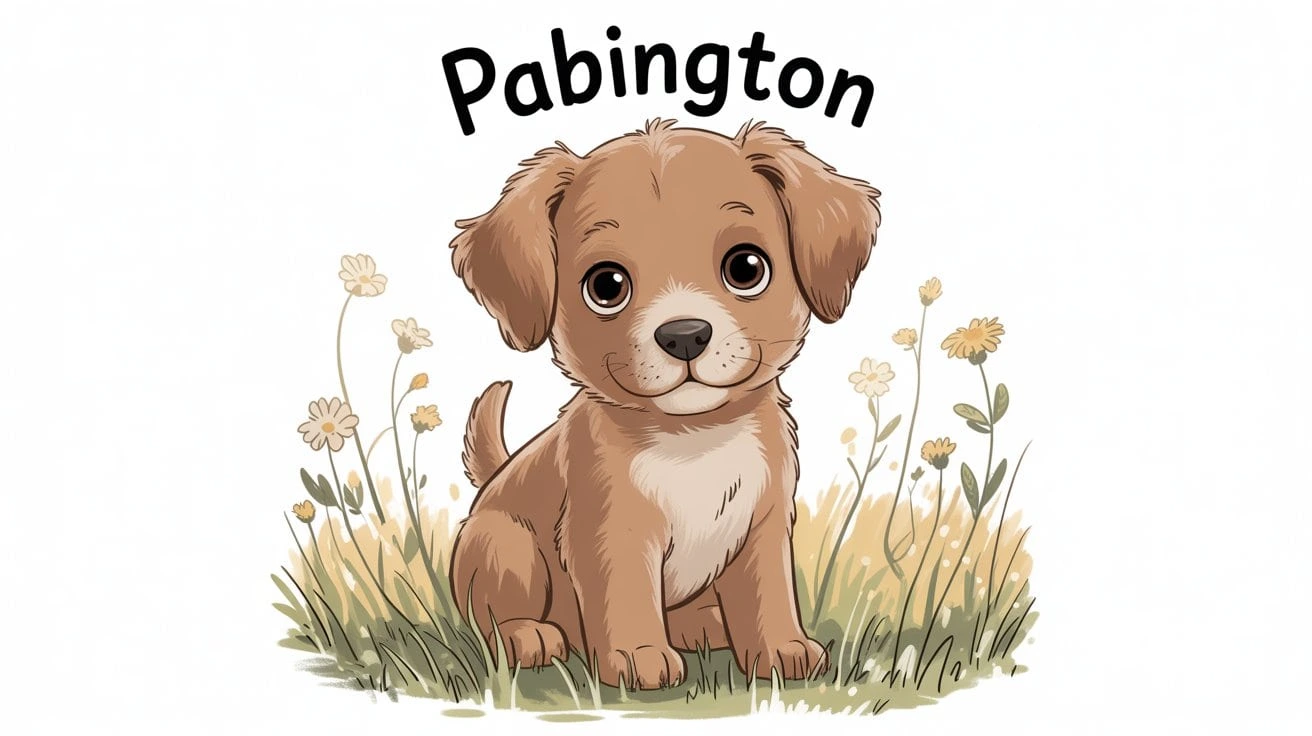Every name carries a story, and Pabington is no different. For many, this word sparks curiosity is it a place, a surname, or a cultural reference? When people search for Pabington, they are often seeking clarity about its origins, its importance, and how it connects to present times. Understanding the depth behind a unique name like this allows us to explore not just its history but also its role in shaping communities, identities, and cultural values.
Pabington
At its core, Pabington is recognized as an English surname with historical ties to families and regions in England. Over the years, the name has been linked with heritage, migration, and even literature. While not as common as other surnames, its uniqueness makes it valuable for genealogical research and cultural identity.
Beyond being just a family name, it has surfaced in discussions of heritage landmarks, local traditions, and historical references. It represents a bridge between ancestry and modern recognition.
The Origins of Pabington
The roots of the name can be traced back to old English naming conventions. Traditionally, surnames were derived from occupations, places, or characteristics. Its structure suggests it may have been connected to a geographical location or a family estate.
Historical records indicate that surnames like this often developed during medieval England when populations grew and individuals needed identifiers beyond first names. Over time, the name carried forward through generations, keeping its distinct character.
Cultural Significance
Names like this do more than label people; they hold stories of migration, land ownership, and community belonging. For families carrying the name, it often represents pride in lineage.
Additionally, cultural historians note that rare surnames such as this one help preserve forgotten aspects of medieval English culture. They remind us of settlements, professions, or even unique dialects that shaped history but faded with time.
Benefits of Understanding Pabington
Why should anyone care about such a name? The answer lies in personal identity and collective memory. Exploring its history provides:
- Genealogical insight – Families tracing ancestry can uncover lost connections.
- Cultural preservation – Rare surnames prevent historical erasure.
- Educational value – Historians and students use such names to piece together forgotten contexts.
By engaging with names like this, we nurture a stronger appreciation of heritage and continuity.
Challenges in Tracing Pabington
Researching surnames of this kind is not without hurdles. Records may be scarce, fragmented, or hidden in old archives. Many medieval documents were lost during wars, natural disasters, or political upheavals, making it harder to connect the dots.
Moreover, the spelling variations of names across centuries add another layer of complexity. For instance, it might have been recorded differently in different regions, leading to confusion in modern studies.
Real-World Examples
Across historical documents, one finds references to families, estates, or even small towns associated with the name. While not widely popularized, certain archives in the UK record the surname in parish registries and property deeds.
Today, it has also made its way into academic discussions, local history books, and online genealogy platforms where people seek to connect with their heritage.
Step-by-Step Guide to Tracing Ancestry
For those who want to research the name further, here’s a simple process:
- Start with family records – Collect old letters, photographs, or family trees.
- Search census data – Use online genealogy databases like Ancestry or FindMyPast.
- Check parish registers – Many English churches hold baptism and marriage records.
- Explore local archives – Regional historical societies may hold documents about land ownership.
- DNA testing – Combine traditional research with modern genetic tools for deeper insights.
This approach blends traditional and digital tools, offering a practical pathway for uncovering a family legacy.
Modern Relevance
In today’s digital-first world, even uncommon surnames gain global visibility. From social media profiles to genealogy databases, the name is being rediscovered by descendants and researchers alike.
Furthermore, rare surnames now carry a sense of uniqueness and prestige. They set individuals apart, offering a stronger sense of identity in a world where many common surnames blur into the background.
The Future of Pabington
Looking ahead, this surname is likely to remain a niche but significant one. As interest in genealogy continues to grow, more families will uncover stories tied to it. Digitization of records will make research easier, ensuring that names like this live on for generations to come.
FAQs
What does Pabington mean?
It is believed to be an English surname rooted in medieval history, possibly linked to a geographical place or family estate.
Is Pabington a common surname?
No, it is considered rare, making it valuable for genealogy and heritage studies.
Where can I find records about Pabington?
Census data, parish registries, and online genealogy databases often hold references to the name.
Can Pabington be traced to a specific region?
Yes, most records suggest English origins, though migration may have spread the name elsewhere.
Why is Pabington significant today?
It represents cultural preservation, genealogical pride, and historical continuity.
How can I research my ancestry linked to Pabington?
Start with family documents, then explore online genealogy platforms, church records, and regional archives.
Conclusion
The story of Pabington is more than just the history of a name; it is a journey into heritage, identity, and continuity. Though rare, it carries with it the richness of medieval culture and the pride of family legacy. For those who bear this name or study it, it represents a living connection to the past and a bridge to the future.
If you’re curious about your ancestry, now is the time to start exploring. Dig into archives, trace your lineage, and uncover the hidden chapters of names like Pabington. In doing so, you preserve history while strengthening your personal identity.

